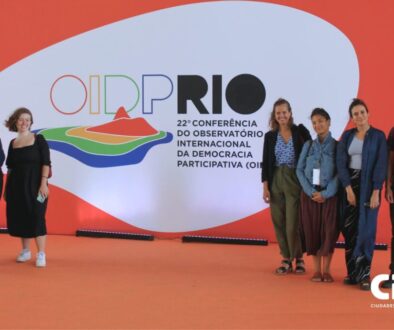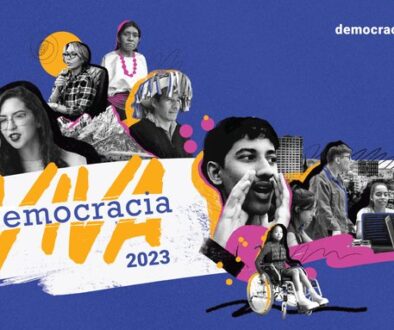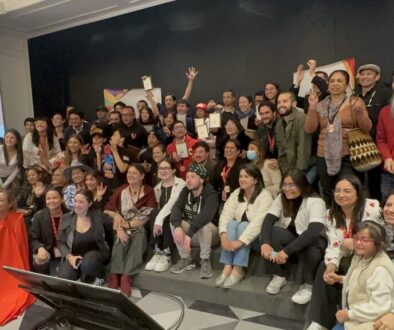Integrating the territories: constitutional debates from the perspective of diversity
Getting your Trinity Audio player ready... |
The challenges of governance in Latin America are numerous and complex, especially when considering the high levels of distrust, disaffection and frustration that citizens experience towards their institutions. According to the Latinobarómetro 2020 survey, only 20% of Latin Americans trust their political institutions, and according to the United Nations Program, the average level of trust in political parties is 15% in Latin America and the Caribbean.
These negative sentiments reflect a deep gap between citizens and their governments, and pose major obstacles to the region’s development and stability. In fact, according to the same Latinobarómetro 2020 survey, only 12% of Latin Americans are satisfied with democracy in their countries.
To effectively address these challenges, it is critical to understand the underlying causes. One of them lies in the fact that citizens do not feel properly involved in the decision-making process, an issue that is exacerbated in those territories that are far from the reality of the centers where these decisions are made, according to ECLAC reports, non-metropolitan and non-urbanized spaces are often not actively considered in the decision-making process, and even inequalities, marginalization and difficulties they face to solve their problems have increased. This creates a feeling of exclusion and alienation among citizens, generating an environment in which democratic institutions lose legitimacy and the voice of the different sectors of society is not adequately represented.
To overcome these obstacles, it is essential to foster a culture of dialogue, participation and collaboration that promotes greater inclusion of territories and their inhabitants in constitutional debates and in shaping the future of their societies. In this sense, and in the context of drafting a new constitution, citizen participation mechanisms play a crucial role in providing concrete opportunities for citizens and their territories to become actively involved in the constituent process.
Each of the available mechanisms has particular characteristics that contribute to confront the scenario of institutional distrust and promote citizen participation in the construction of a new constitution from the territories: Public hearings allow the opening of spaces for direct dialogue between citizens and decision makers, promoting transparency and the inclusion of different perspectives. The popular norm initiative empowers the territories, giving them the opportunity to present concrete proposals and have a direct impact on the constitutional content. The citizen consultation, through its virtual format, broadens participation and gives voice to a greater number of people, seeking greater representativeness of citizen opinions. Finally, citizen dialogues encourage collective reflection and the exchange of ideas, allowing the different visions and needs of the territories to be considered in decision-making.
However, it is important to bear in mind certain considerations when promoting these mechanisms and seeking true decentralization. It is essential to ensure accessibility and wide dissemination of information on citizen participation mechanisms, so that all citizens can understand and take advantage of these opportunities. In addition, adequate representativeness must be ensured, not only in geographical terms, but also in relation to the diversity of gender, ethnicity, age and other aspects that make up the reality of the territories. Likewise, it is essential to have effective feedback and accountability mechanisms, so that citizens can be sure that their opinions and proposals are being considered and taken seriously in the construction of the new constitution.
Incorporating these mechanisms of citizen participation and promoting true decentralization in the constituent process not only strengthens the legitimacy of the new constitution, but also promotes greater equity and justice by considering the needs and realities of the territories.
At CILA we believe it is important to promote participation in cities and territories, since collective construction and inclusive dialogue are fundamental pillars to achieve consensus for the benefit of all the people who live there, thus strengthening our democracies.
By Fundación Ciudadanía Inteligente, a member organization of the CILA consortium.




